Introduction
Since the beginning of the Internet, cyberspace has only evolved, and we can expect it to continue to grow and transform our lives in the future. With the evolution of several virtual environments, such as augmented reality, social networks, or virtual worlds, technology is taking a new shape that we never expected it to take. One such further advancement in the tech domain is the evolution of the “metaverse”.
Metaverse combines two words, ‘meta’ and ‘universe’. It has become a buzzword as companies, both big and small, compete with each other to make a mark on the virtual world. It’s primarily referred to as an upcoming future generation of the internet termed Web 3.0. The metaverse’s revelation might be a window into an exciting world of new experiences, creative learning, and expanded commercial potential.
However, as with all new technologies, data privacy will be a growing concern as the metaverse evolves further. Control of user data shall be essential when discussing the massive quantity of data metaverse uses to function.
What is Metaverse?
As discussed above, the metaverse combines two words, ‘meta’ and ‘universe’. It is a term with origins in sci-fi literature. It was first coined by “Neal Stephenson”, who introduced the term to a larger audience in his 1992 dystopian novel “Snow Crash”.
It is a blend of the physical and digital world. This engaging virtual experience allows people to fully experience a different kind of reality by offering a hyper-real alternative world to the users. Various developments have been made towards a real metaverse by providing an online virtual world that includes augmented reality, virtual reality, 3D holographic avatars, etc. As it expands, it will offer its users to experience a hyper-real alternative world to coexist.
To some extent, there is already a metaverse in games. It can be found in online games such as ‘Fortnite’ and ‘Roblox’. For starters, the metaverse’s infrastructure—virtual-reality glasses and augmented-reality software—will rely on data detailing how users interact with their environment in fantastical realms, digital workplaces, virtual doctor’s appointments, and other locations.
The metaverse is on the verge of becoming the most significant technological revolution of the twenty-first century. It is expected to alter how people connect, transforming social interaction, spawning entirely new markets, and introducing a slew of privacy and cybersecurity concerns.
What does it mean for Data Privacy?
Data privacy was already high on the agenda of politicians, regulators and even ordinary internet users. The IT companies that produce and govern the internet may utilise the data generated using metaverse to simplify and personalise their goods and services to meet the needs of individual users. Some concerns entering the metaverse world may result in higher supervision of a person’s activities which could be monitored and analysed before the resulting data is sold to advertisers.
As people upload more personal data to the metaverse, the chance of sensitive or confidential information being stolen rises. According to its enthusiasts, it’s pretty likely that the metaverse will need to deploy more sensors around homes and businesses to realise its full potential. The various capabilities of these devices to monitor user traits and actions in real-time will make them more prone to cyber-attacks.
For example, data will be produced when users spend money to create customised avatars. As they increase their digital footprints in the metaverse, they will generate higher volumes of data than their previous online activities. This raises whether metaverse creators should be allowed to share data with third parties. Apart from that, storing, handling and safeguarding the users’ data is a question the creators must ask themselves.
As the metaverse becomes part of the workplace, employers will have more opportunities to watch their staff. From emails they send, Slack, Teams, Skype chats, and URLs they visit are examples of employee data that managers and companies should be aware of.
Privacy Concerns in Metaverse
Another legal effect of the metaverse might be in the area of data and data protection. The metaverse will make new types of personal data available for processing. This might include facial emotions, gestures, and other behaviours that an avatar might have during metaverse encounters. The EU’s General Data Protection Regulation (GDPR) and the UK’s Data Protection Act may apply to the metaverse. However, given the metaverse’s new nature, the mechanisms governing informed consent around data processing may need to be reconsidered to guarantee that users’ rights are safeguarded.
Furthermore, because the metaverse has no limits, we expect the GDPR to apply, although the sections dealing with data transmission and processing beyond the EU may need to be addressed. The GDPR applies based on the subject’s location when their data is processed, not on their citizenship or home country.
Factors to consider operating in the Metaverse
1. Improved consent mechanisms: HCI devices might aid in collecting a range of data kinds, including biometric data from users. Organisations must inform users about privacy concerns, and consent processes must be clear enough for users to understand. Consent should also be renewed regularly, without the presumption of perpetual permission, and these procedures should be enhanced with each new data type.
2. Users must be informed when interacting with AI: The metaverse will be populated by both human and AI creatures, and it may become impossible to distinguish between the two over time. AI bots (also known as digital people) must have labels so that consumers are constantly aware of who they are sharing their data.
Furthermore, because these AI bots are based on human models that voluntarily provide their biometric data, the rights and consent laws that govern these exchanges must be explicitly defined.
3. Self-regulation of companies: There are now inconsistencies in data protection and privacy legislation worldwide. The GDPR, for example, establishes special requirements for EU nationals. Various states in the United States have different rules, such as the California Consumer Protection Act (CCPA). In contrast, the United Kingdom has its version of the GDPR and extra Privacy and Electronic Communications Regulations (PECR). Meanwhile, the metaverse might evolve into a whole different realm that operates universally and independently. This necessitates strict self-control.
4. VR should be built following data security: The technology must be impenetrable because the metaverse will include large amounts of user data. Developers must use extreme caution to minimise vulnerabilities to a bare minimum and adhere to safe coding guidelines. Companies may face long-term costs resulting from data breaches and unintentional disclosure, and constant testing and improvements are required to mitigate this.
How is Facebook working towards Data Protection and Privacy in the Multiverse?
Facebook has already taken several steps in this approach. It recently turned off its facial recognition system, which could detect when a user appeared in tagged photographs or other locations. It’s also beefing up its age verification methods to guarantee that its platforms have age-appropriate interactions.
The business has also established a Transfer Your Information (TYI) tool that complies with GDPR and allows users to remove their data from Facebook.
Finally, the business is developing privacy-enhancing technologies (PETs) that combine encryption and statistical methodologies to limit the use of personal data for advertising.
Conclusion
There is an underlying assumption that we have nothing to conceal should be replaced with “we have something to protect”,– and Metaverses may be the first true battleground in which we will be tested on our willingness to fight for our privacy.
Experts expect the metaverse’s growth to accelerate in the following years, with commercial uses driving many advertising and crypto-currency-based projects (among others). Businesses considering the metaverse will need to be aware of privacy concerns and guarantee that best-in-class procedures are used in both the building of the metaverse and involvement in it.


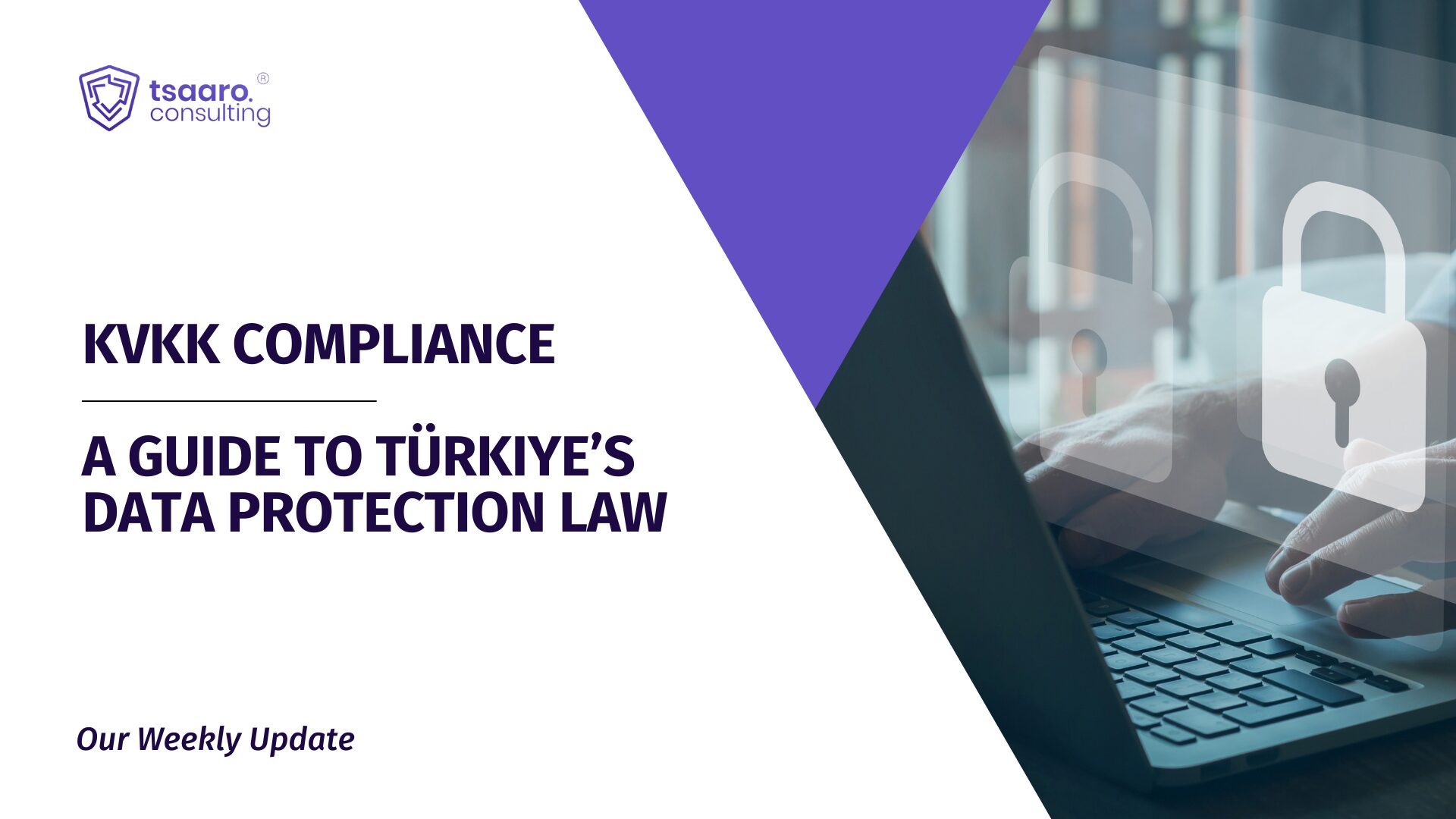
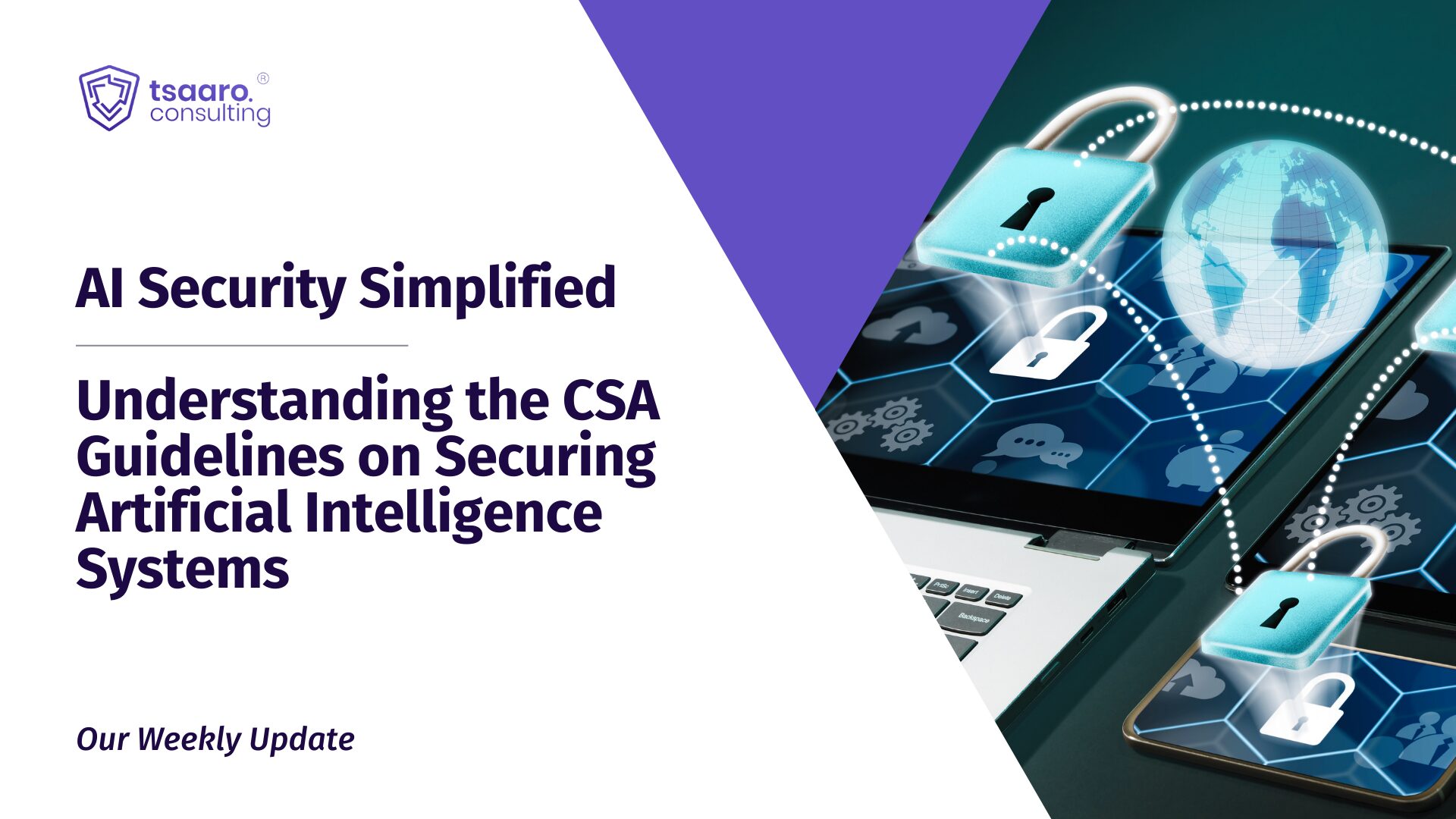
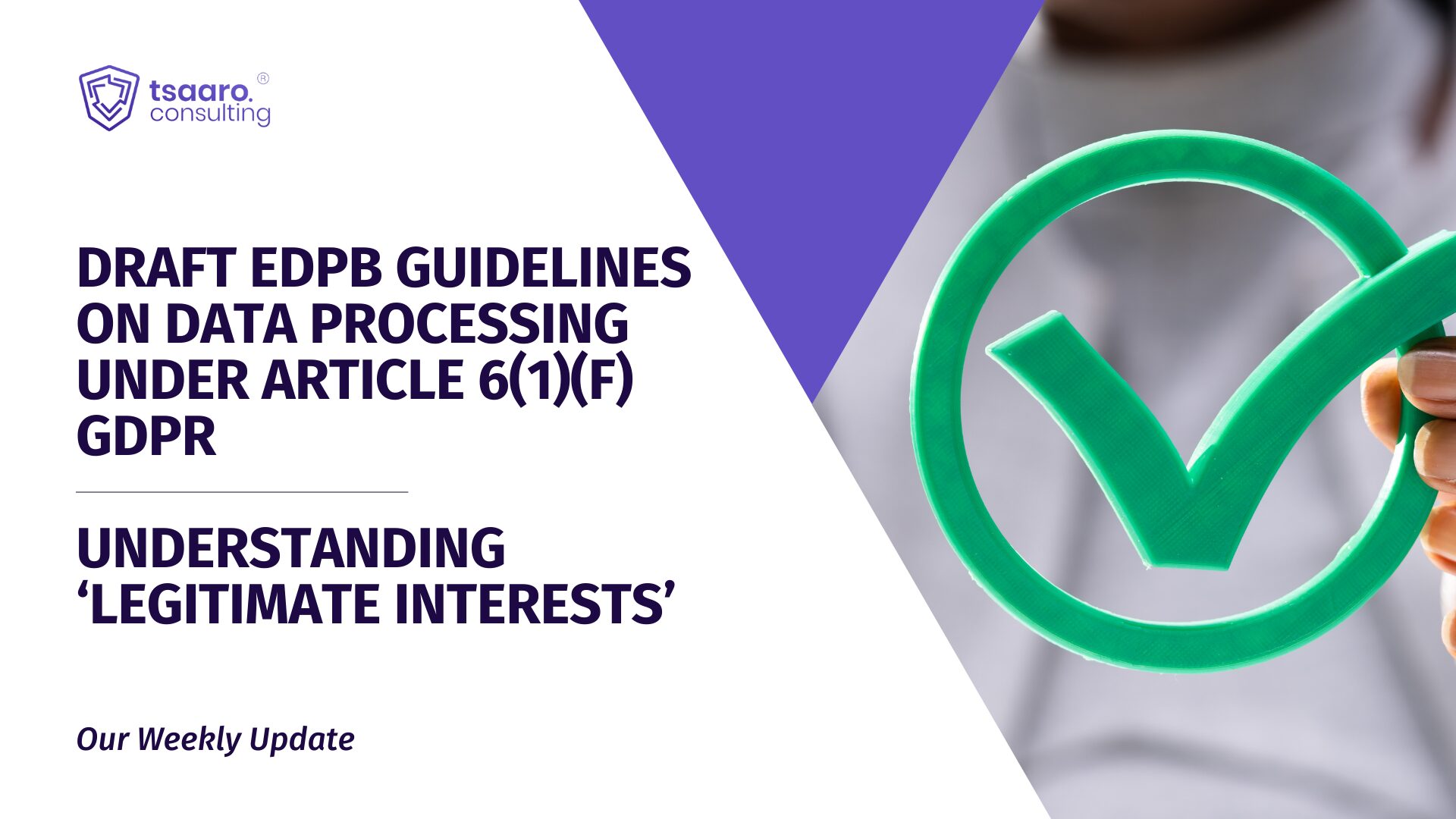

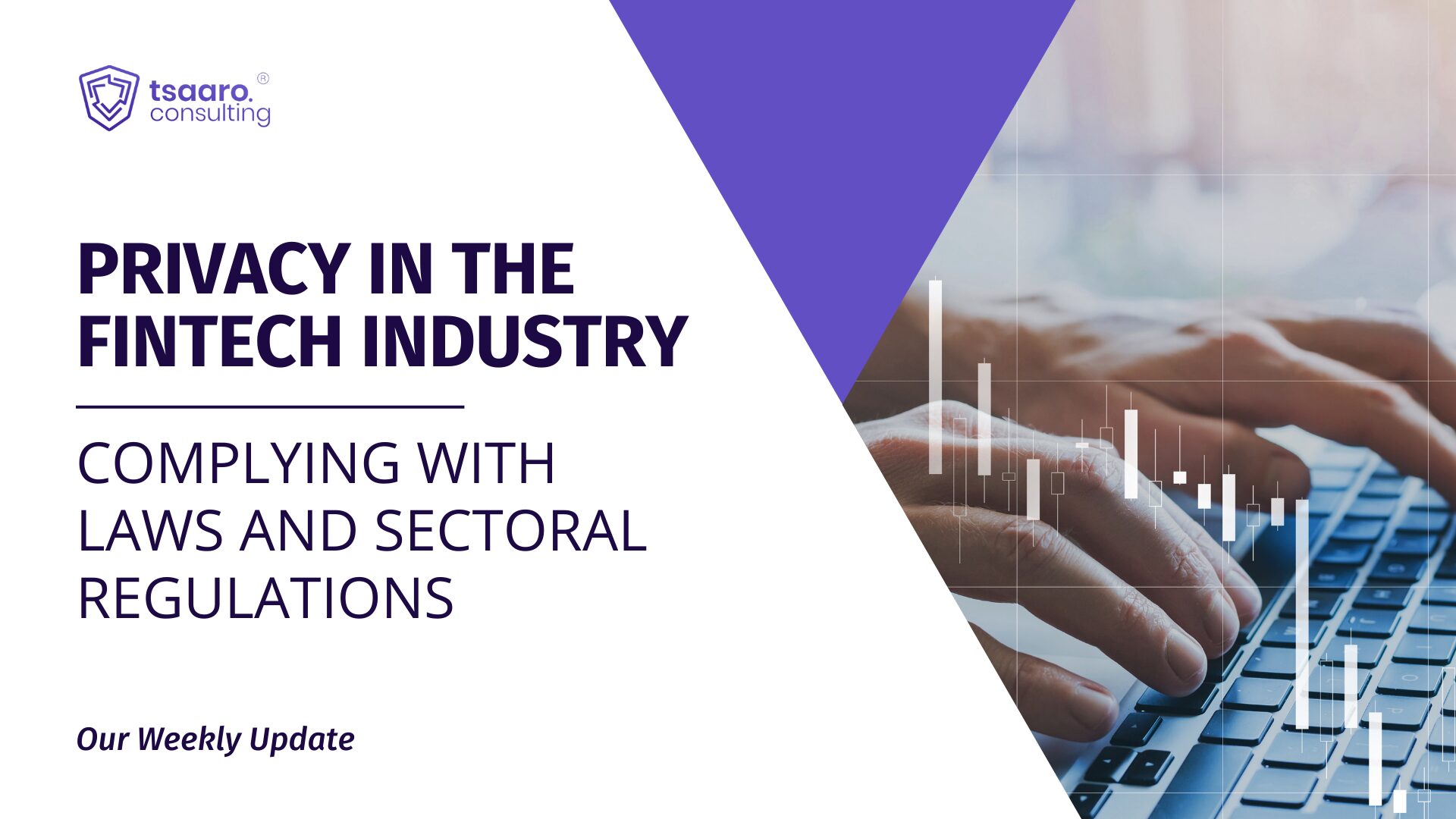
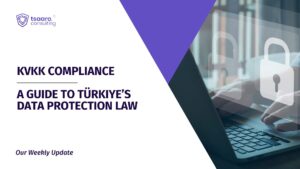




Полностью стильные события подиума.
Все эвенты самых влиятельных подуимов.
Модные дома, торговые марки, гедонизм.
Самое лучшее место для трендовых людей.
https://fashionablelook.ru
Точно важные новости мира fashion.
Важные эвенты лучших подуимов.
Модные дома, торговые марки, высокая мода.
Свежее место для модных людей.
https://myfashionacademy.ru/
Самые стильные новости мира fashion.
Исчерпывающие новости самых влиятельных подуимов.
Модные дома, бренды, гедонизм.
Свежее место для стильныех хайпбистов.
https://modavgorode.ru
Great read! The clarity and depth of your explanation are commendable. For further reading, here’s a useful resource: EXPLORE FURTHER. Let’s discuss!
Точно актуальные события мира fashion.
Исчерпывающие эвенты всемирных подуимов.
Модные дома, бренды, haute couture.
Лучшее место для трендовых хайпбистов.
https://metamoda.ru/moda/599-doja-cat-vyzvala-bezumie-v-tope-i-yubke-iz-pishchevoy-plenki-s-rezhisserom-vetements-guram-gvasalia/
Точно свежие события мира fashion.
Важные новости самых влиятельных подуимов.
Модные дома, лейблы, гедонизм.
Самое приятное место для трендовых людей.
https://ivanono.rftimes.ru/news/2024-04-09-spetsoperatsiya-z-hronika-glavnyh-voennyh-sobytiy-8-aprelya
Абсолютно трендовые новинки мира fashion.
Актуальные эвенты известнейших подуимов.
Модные дома, торговые марки, гедонизм.
Самое лучшее место для стильныех людей.
https://saratov.rftimes.ru/news/2024-02-28-pod-saratovom-v-dtp-pogibli-shest-chelovek-tela-izvlekli-gidravlicheskim-instrumentom
Наиболее актуальные новости подиума.
Все новости мировых подуимов.
Модные дома, бренды, гедонизм.
Лучшее место для модных людей.
https://vladtoday.ru/news/2023-12-27-mezhdunarodnyy-aeroport-vladivostok-otmetil-2-5-mln-passazhirov-v-2023-godu/
Модные советы по выбору стильных образов на любой день.
Заметки профессионалов, новости, все показы и шоу.
https://ekbtoday.ru/news/2024-09-10-demna-gvasaliya-pereosmyslyaya-modu/
Модные заметки по подбору стильных образов на любой день.
Заметки профессионалов, новости, все дропы и мероприятия.
https://emurmansk.ru/pub/2024-09-10-demna-gvasaliya-revolyutsioner-mody-i-kreativnyy-provokator/
Модные советы по созданию отличных образов на каждый день.
Статьи экспертов, события, все дропы и мероприятия.
https://metamoda.ru/moda/1141-7-prichin-lyubit-dizaynera-rick-owens/
Модные заметки по подбору необычных образов на каждый день.
Мнения стилистов, события, все показы и мероприятия.
https://lecoupon.ru/news/2024-09-26-5-samyh-udachnyh-modeley-krossovok-dolce-gabbana/
Модные советы по созданию превосходных образов на каждый день.
Статьи профессионалов, новости, все коллекции и шоу.
https://watches.superpodium.com/fashion/2804-7-reasons-to-love-patek-philippe-nautilus/
Стильные заметки по выбору модных образов на каждый день.
Мнения профессионалов, события, все коллекции и мероприятия.
https://lecoupon.ru/news/2029-10-02-7-prichin-lyubit-brend-herno/
Модные советы по созданию необычных образов на каждый день.
Обзоры стилистов, события, все дропы и шоу.
https://watches.superpodium.com/
Your amazing work helps me
https://main7.top/coin/
Кроссовки New Balance 574 вы можете купить тут.
Кроссовки 574 купить
Бренд Тиссо — знаменитый швейцарский производитель часовых устройств, что известен своим высочайшим качеством и элегантным дизайном. Уже более столетия с половиной компания создаёт престижные хронометры, что завоевали уважение по всему миру.
Купить часы Tissot в интернет-магазине
Наш интернет-магазин Bottega Veneta предлагает широкий ассортимент эксклюзивных товаров от итальянской марки. Здесь вы сможете найти и купить изделия последних поступлений с удобной доставкой по всей стране.
Аксессуары Bottega Veneta
ed meds online: Canadian pharmacy best prices – shots for ed
amoxicillin price canada: amoxil – amoxicillin 500 mg price
cheap clomid online: rexpharm – order cheap clomid without rx
can you buy prednisone online uk: ray pharm – where to buy prednisone without prescription
over the counter amoxicillin: Amoxicillin buy online – amoxicillin price canada
max pharm: priligy maxpharm – cheap priligy
amoxicillin price without insurance http://clomidrexpharm.com/# can you get clomid
cost generic clomid for sale: cheap clomid – cost of generic clomid without dr prescription
where can i get cheap clomid: buy clomid – cost generic clomid pill
If you’re overwhelmed with academic tasks, a trusted service to do my assignment online can make all the difference. Platforms like https://domyassignment.help/ provide expert assistance, ensuring high-quality and timely submissions tailored to your needs. It’s the perfect solution for stress-free academic success!